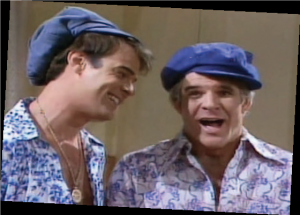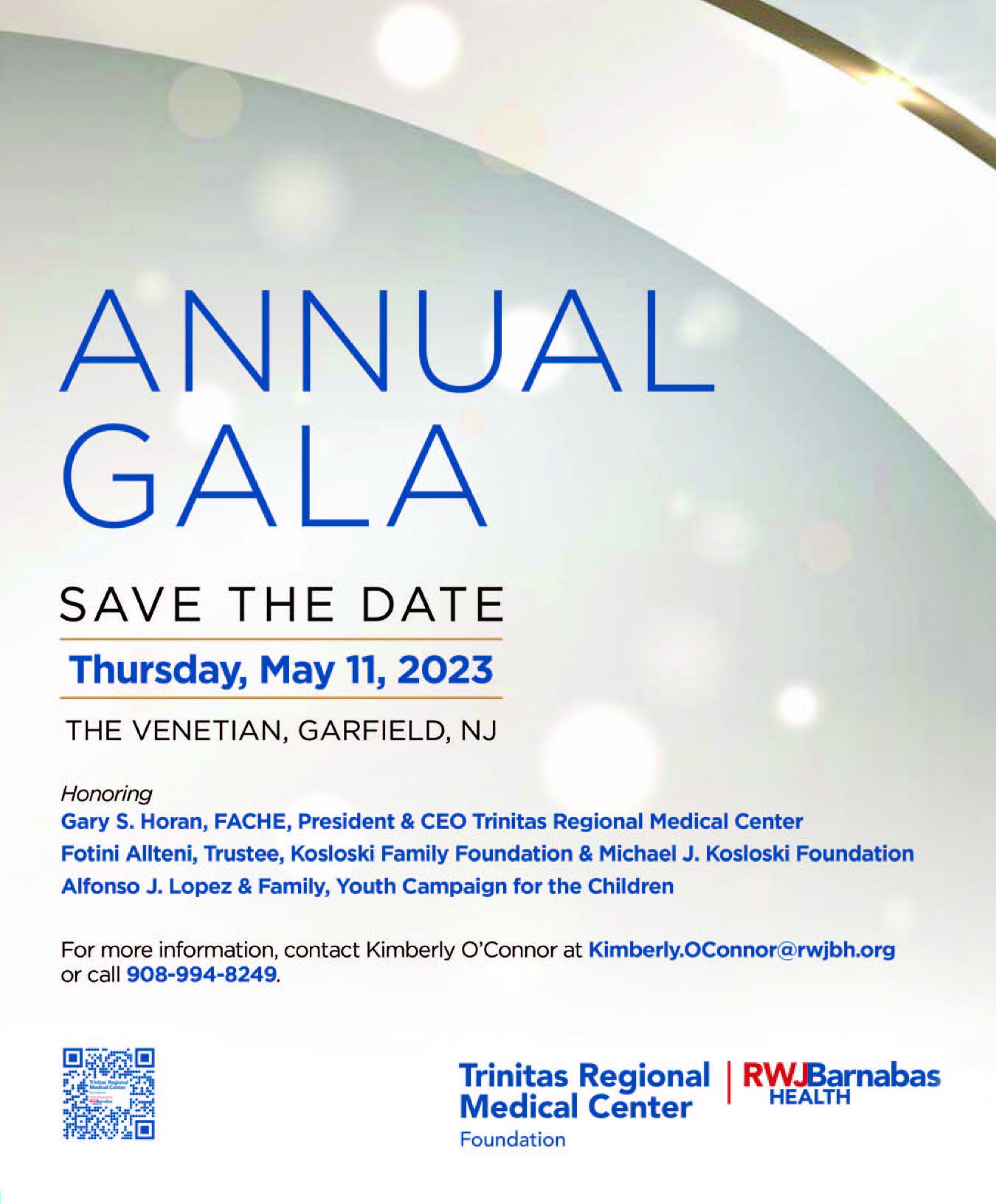A look at our beloved and indispensable shadow language.

www.istockphoto.com
Of all the everyday things humans use, nothing is more human than the use of slang. It is a tool wielded by every culture, subculture and sub-subculture that enables people to communicate clearly and confidently—without actually saying what they mean. As a bonus, slang doubles as a kind of membership card: If you don’t understand it, sorry, you’re not in the club. And while it can be mean-spirited, it is more likely to be funny, charming or silly. Sometimes, it’s all of these.
Straight fire, the theme of this issue, is slang for what past generations might have called radical. Or crazy good. Or, a century ago, the bee’s knees.
Bee’s knees, for the record, was a Prohibition cocktail made with real gin, real lemon juice and real honey. In other words, the absolute best. But wait. Before it was a drink, a bee’s knee meant something really tiny. Also, during the 1920s, the most famous dancer of the Charleston was a sexpot named Bee Jackson. Were Bee’s actual knees, exposed for all to admire, the absolute best? By the time the experts got around to answering this question, bee’s knees had been replaced by other superlatives, including cat’s pajamas. That’s another thing about slang. It is a creature of the moment, constantly changing, often for no reason other than change itself. What might be cool today is likely to be uncool a year from now, and then quaint, nostalgic and ultimately forgotten. Consider some common slang from the 1990s, when dinosaurs roamed the earth: Crunk, Fly, Buggin’ Out, Talk to the Hand—when was the last time you heard someone use any of these non-ironically? Social media has accelerated the spread of new slang and, as part of the same process, accelerated the demise of old slang. Honestly, sometimes it’s hard to keep up with it all.

NBCUniversal Television and Streaming
ESL Challenges
The misuse of slang offers an endless well of comic possibilities. Think of Steve Martin and Dan Aykroyd on the recurring SNL Festrunk Brothers skits from the 1970s. The two “wild and crazy guys” were hilariously confident in their tenuous grasp of American slang and it was funny because it was true. Learning American slang has long been one of the most challenging aspects of learning English as a second language, but also an absolute necessity. Master some key slang expressions, the thinking goes, and you’re likely to “blend in” sooner.
Dark Origins
Historically speaking, two things are almost certainly true about the use of slang: 1) the concept was invented by criminals and 2) it has always flourished in and sprung forth from cities. For countless centuries and, until relatively recently, people communicated face-to-face in public settings. That worked well unless you didn’t want others overhearing what you had to say. In towns and cities where meeting places tended to be crowded with eavesdroppers, it would have been difficult to plot or plan or coordinate nefarious activities. However, if the folks at the next table over had no idea what you were talking about, you could enjoy a level of security. Slang was a kind of verbal encryption.
Slang was also a neat way to prevent newcomers and outsiders from integrating comfortably into the culture of a town. Cockney rhyming slang raised this to an art form. It is possible to understand every word of a conversation between two East End Londoners and have no idea what they are talking about. “Bees and Honey” means money, “Fisherman’s Daughter” means water and “Rattle and Clank” means bank. And so on and so forth.
Interestingly, lexicographers are somewhat at odds regarding the origin of the word slang itself. It shows up in English texts in the late-1700s, but its roots may be Scandinavian. Some have traced it to the Norwegian word slengja, which refers to the use of abusive language. One of the tricky things about pinning down the roots of slang is that, almost by definition, it was spoken as opposed to being written down. That was true pretty much up until the advent of texting, Tweeting and social medial posts.
Staying Power
A quick Google search will turn up an endless number of lists of slang expressions that have fallen out of favor, changed meaning or blipped completely out of existence. Which makes one wonder which currently popular slang terms will have the staying power of classic words like Cool and which will go the way of Wisenheimer, Daddy-o and Knuckle Sandwich. I’m betting that Karen, Ghosted, Basic, Throwing Shade and Low Key will one day be dim memories.
Oh, and add Straight Fire to that list. If it hasn’t gone out of vogue in the two months since I turned in this story!







